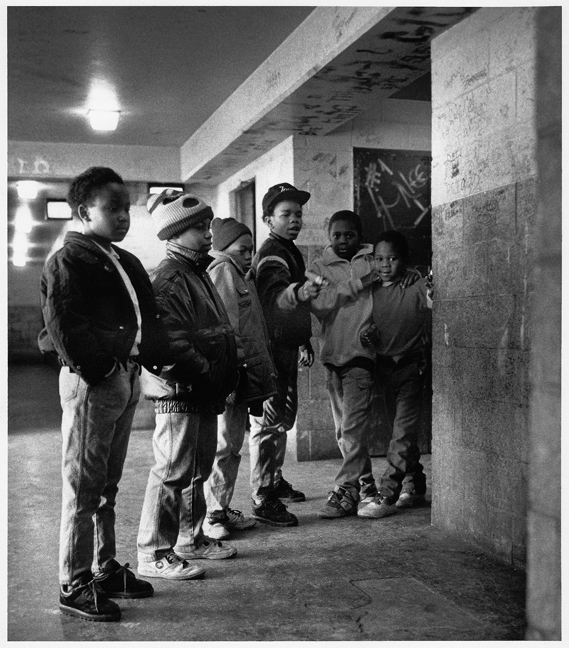
News involving guns continues to disturb. From unearthed mass executions in Syria and Mexico to gang retributions in Chicago to domestic squabbles in South Africa to personal vendettas in California to distraught suicides down the street. In the meantime, debate continues over how tough laws should be to try to control ownership and access to such destructive power. But why? Why do we need such power to destroy in the first place? From sharp teeth, claws, and venom to swords, spears, bows and arrows, guns, bombs, and malicious computer code, the answer is advantage. Quite simply, it amplifies our powers over others. But why do we need advantage over others? Many would insist: defense. It equalizes and gives pause to those who would act aggressively toward us. Perhaps true. But why would someone, anyone, want to act aggressively towards us? The answer, of course, is they feel in some manner at a disadvantage toward us. We have something they admire and want. We are acting in a way that infringes on their plans or inhibits their aspirations or disrespects their world of ideas. Or, maybe they just feel crowded by our presence. How not to appear a threat to someone is an interesting problem. How not actually to be a threat is another tough one. Not just a few deep thinkers would suggest solving those problems necessarily involves both the development of acute social awareness, i.e. compassion, and the adoption of a life ethic to "do no harm". So, how might those attributes be acquired? Developmental psychologists, anthropologists, educators, and animal behavioralists would insist they must be acquired culturally. In other words, each group must work at establishing and maintaining societal institutions and practices that encourage and reward such attributes. Beginning to do so at a very young age works. Attempting remediation at a later age seldom does. Many others, however, maintain it also necessary to discourage and dis-incentivize the non-acquisition and non-practice of those undesirable social attributes. That's where prisons, punitive laws, expulsions, walls, standing armies, and guns come into play, as wishful remedy for our otherwise cultural failings to include everyone in our collectively desired socially aware "do no harm" society. But evil does exist, a few will still insist. Undoubtedly it does, in that we are ignorant of why it exists and of what to do to set aside, appease, or extinguish its reasons for existence. So, like Big Brother and the Taliban, we should try to brainwash everybody to think and behave alike? Hardly. Fear and apprehension are innate alarm systems that warn us of potential danger, of what calamity might befall us. They are informed both by past experience and imaginative modeling of current trends. We need such alarm systems to help keep us on a safe and sustainable track. But, what we don't need is citizens dysfunctionally obsessed with things beyond their ability to control, so obsessed they feel the best remedy is to grab a gun and use it to help ease their apprehension or redress their feelings of insult. May you always perceive possibilities other than violence and never waver in your desire to "do no harm". Note: The above image has been used here before in the post Wand of Power. What brought it vividly to mind again was listening to this week's episode of NPR's This American Life wherein reporters spent five months in a troubled high school on Chicago's south side, a school that lost 29 of its students last year to gun violence. What that story reveals is both chilling and thought provoking for its humanness. Please follow the link provided and listen. |
• Posted: Feb 19, 2013 16:20:50
• Comments Welcome
• Vote CoolPhotoblogs
• Purchase a Print
• Share
Saturday, December 16th, 1989 Chicago IL USA |